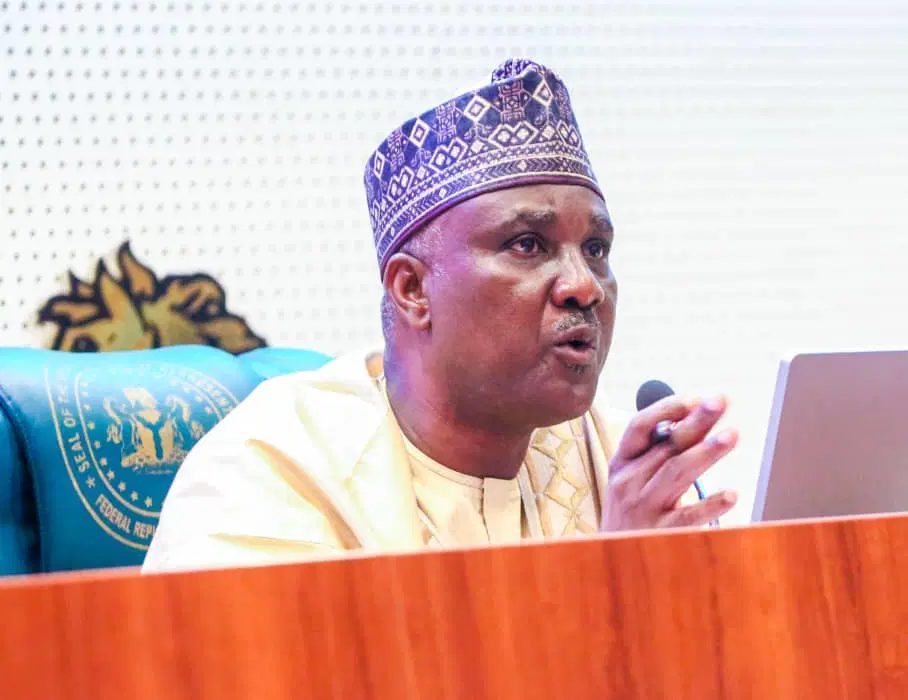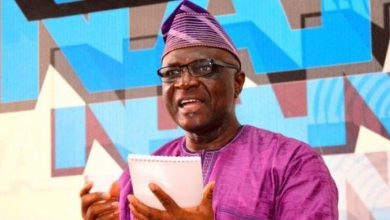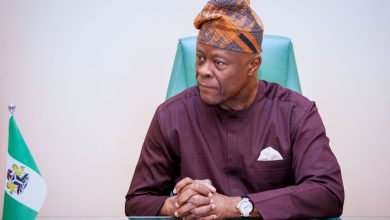Speaker Tajudeen Abbas Withdraws Controversial Compulsory Voting Bill
Speaker of the House Tajudeen Abbas has withdrawn a proposed bill mandating compulsory voting in Nigeria, following public outcry and criticism from legal and civil society groups.
Initially aimed at boosting voter turnout, the bill faced backlash for infringing on citizens’ rights. Abbas now pledges to explore voluntary, rights-based strategies to enhance civic participation nationwide.
The Speaker of the House of Representatives, Tajudeen Abbas, has officially withdrawn the controversial bill seeking to make voting mandatory for all eligible Nigerians.
The proposed legislation, co-sponsored by Abbas and Daniel Ago, who represents the Bassa/Jos North Federal Constituency of Plateau State, had scaled second reading in the House on May 15, 2025. The bill aimed to amend the Electoral Act 2022 in a bid to address Nigeria’s persistent problem of low voter turnout.

During its presentation, co-sponsor Ago argued that compulsory voting would increase civic participation and strengthen democratic engagement. However, the proposal was met with fierce backlash from the public, legal experts, and civil society groups.
The Nigerian Bar Association (NBA) and several Civil Society Organizations (CSOs) criticized the bill, calling it undemocratic and a potential violation of citizens’ fundamental right to choose whether or not to vote. Many also pointed to the lack of confidence in the electoral system as a deeper issue that compulsory voting would not resolve.
On Monday, Abbas’s spokesperson, Musa Abdullahi Krishi, announced the Speaker’s decision to withdraw the bill after what he described as “extensive consultations with a broad spectrum of stakeholders.”
“From the outset, the bill was introduced with the best intentions to bolster civic engagement and increase voter turnout,” Krishi stated. “But lawmaking must reflect the will and freedoms of the people.”
The statement acknowledged that countries like Australia, Belgium, and Brazil have successfully implemented compulsory voting to maintain participation rates above 90%. However, Abbas emphasized the importance of respecting Nigeria’s unique democratic context.
“Rather than compel participation, the Speaker is committed to exploring positive incentives and innovative approaches that make voting more attractive and accessible to all Nigerians,” the statement added.
Abbas said the withdrawal would pave the way for deeper dialogue on how to encourage voluntary voter participation that aligns with democratic ideals and protects citizens’ rights.



